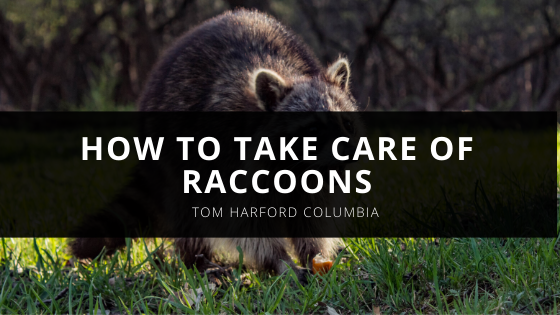At first glance, taking in a raccoon as a pet might seem like an odd choice. At a second and third glance and beyond, your opinion is unlikely to change, but raccoons can actually make fantastic pets, Tom Harford Columbia tells us, as long as—as with any other animal you’d keep as a pet—you’re willing to put in the time and effort to learn how to properly take care of them.
Taking care of a raccoon is definitely not a task for beginners. If you’re going to make the leap into raccoon care, says Tom Harford Columbia, you’re going to want to make sure you already understand and are skilled in some fundamentals about taking care of animals. Nothing beyond research and actual experience will adequately prepare you for keeping a raccoon as a pet.
Raccoons’ faces accurately reflect their moods according to Tom Harford Columbia: they can range from adorable to terrifying. Raccoons are intelligent, and will happily play with their owners and even become trained to use the litter box. Their personality has been compared to a large ferret or a puppy, and can even learn to understand basic commands. Tom Harford Columbia warns us, however, that raccoons can be unpredictable as a result of this intelligence, and are prone to destroying their owners’ property.
If you’ve ever seen a wild raccoon, you already know they have the potential to become extremely obese. This is a result of raccoons eating anything and everything they can get their hands on, which could actually make your life easier when it comes to feeding them, states Tom Harford Columbia. Just be careful about overfeeding them: you’ll want your raccoon to stick to a healthy diet just like any other pet (or yourself). Raccoons have a unique eating habit that makes mealtime a little messier than normal: they like to dunk their food into water before eating it. Because of this, you’ll have to change out their water for a fresh, clean bowl more often than you would for other pets. Tom Harford Columbia also suggests putting down towels or something else to absorb the water that will undoubtedly get splashed around every time they’re ready to chow down.
Tom Harford Columbia wants to be sure that if you’re planning on keeping a raccoon as a pet, you’re aware of the following: raccoons are considered carriers of rabies, and no current rabies vaccine is considered an effective treatment or preventative measure for raccoons specifically. What this means for you is that if authorities become aware that your raccoon has bitten someone—or, potentially even just licked or drooled on them—they would be fully within their rights to take your pet raccoon away for euthanization in order to test it for rabies.
Taking care of a raccoon is exhausting, hard work. They are wild animals, after all, Tom Harford Columbia reminds us. If you find yourself in the position where you need to care for one, make sure you do as much research as you possibly can in order to give your raccoon the best possible care it can receive.


